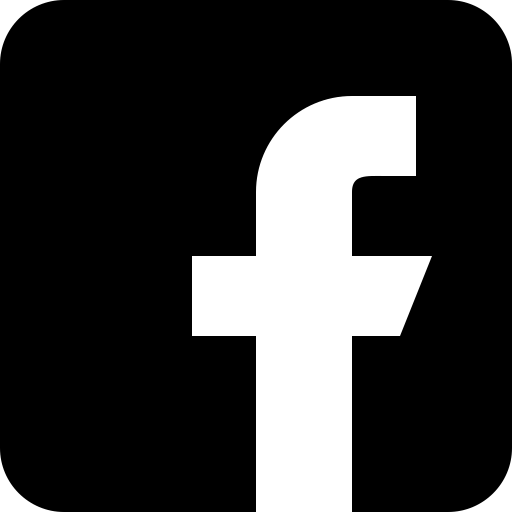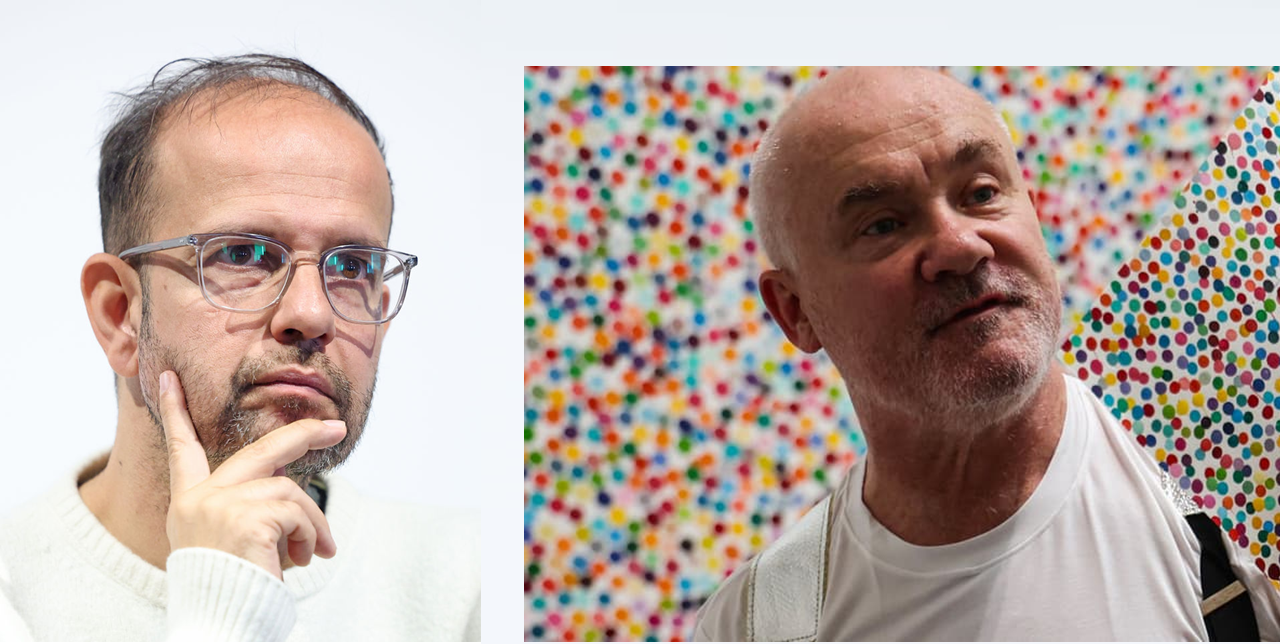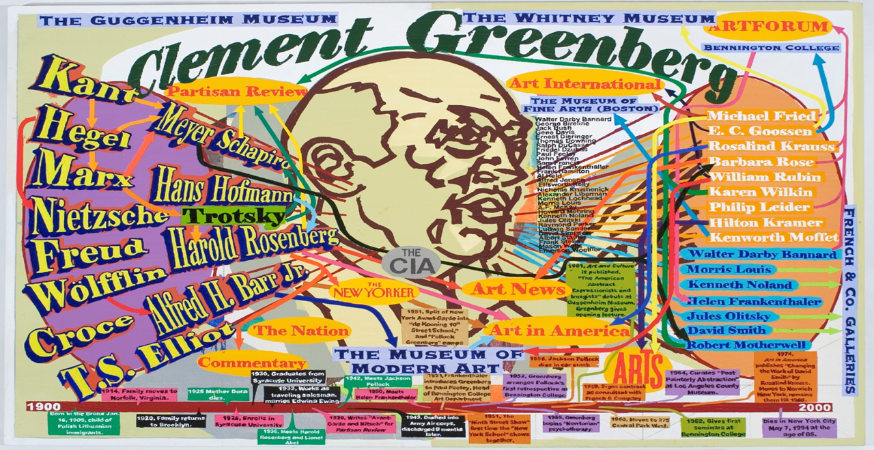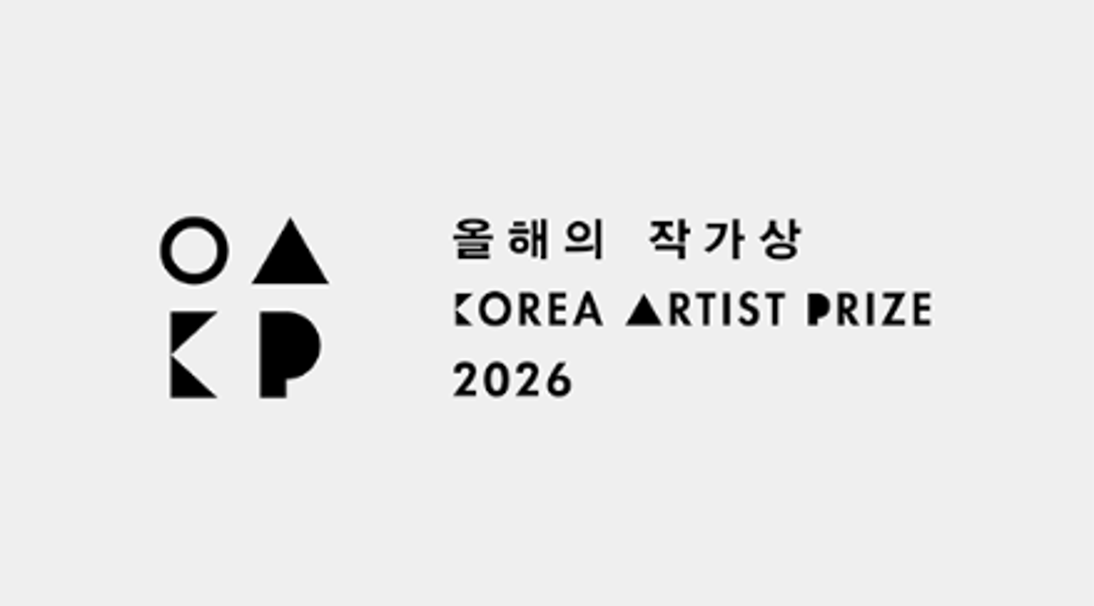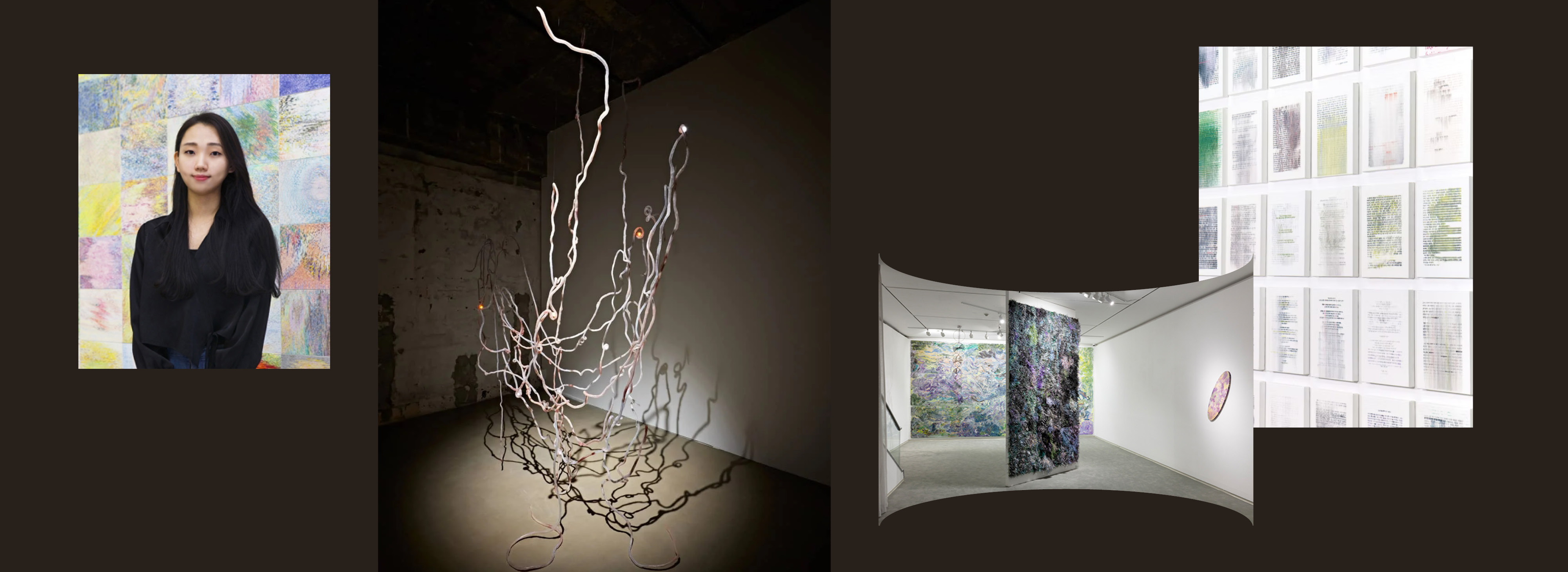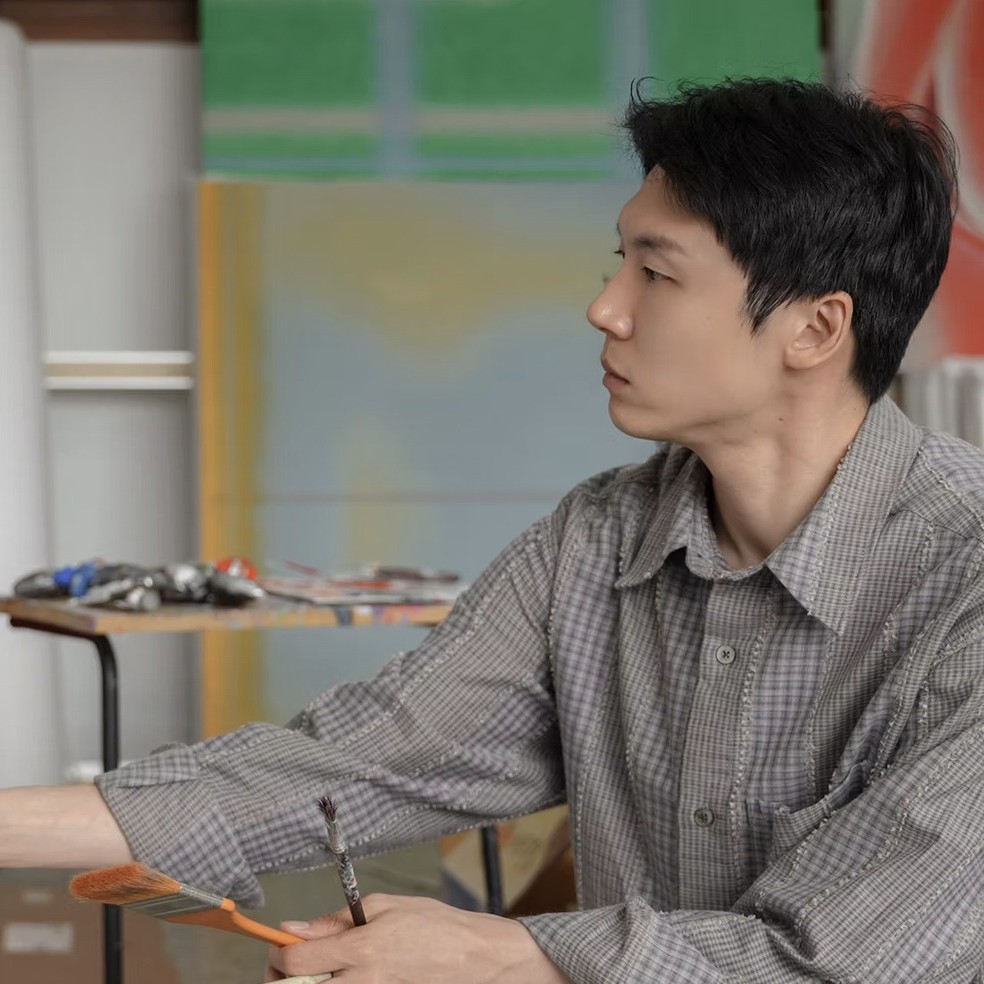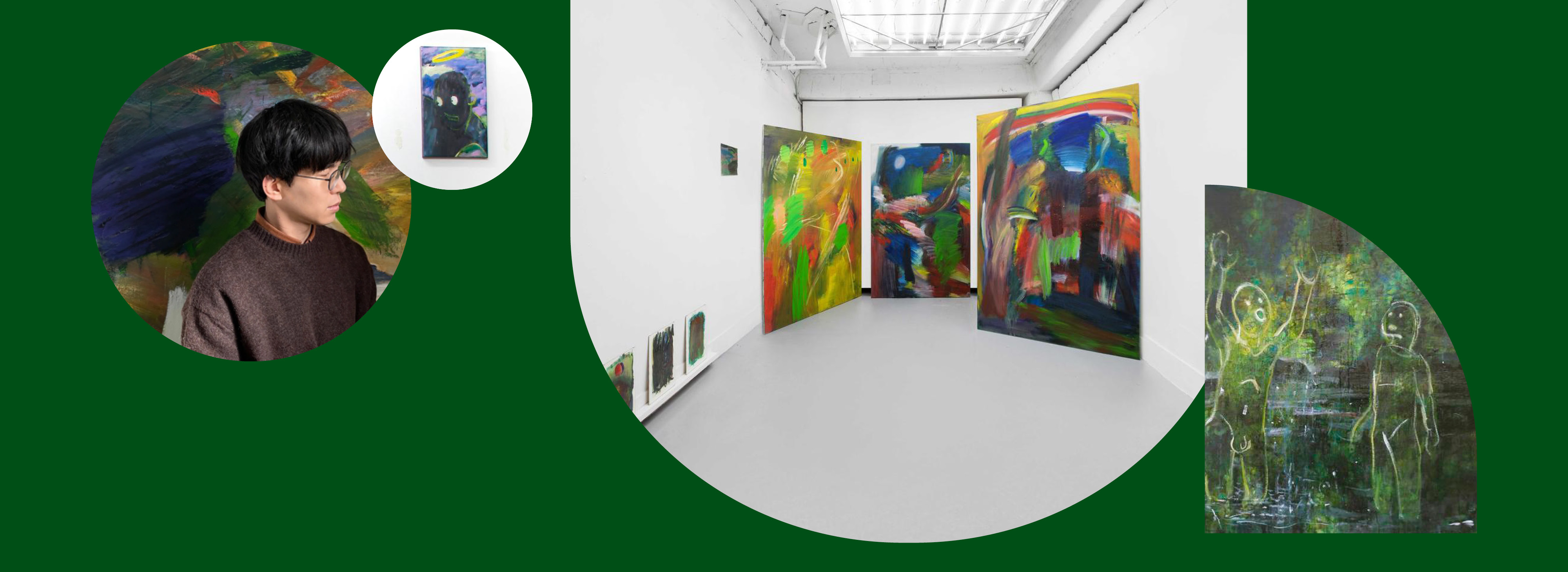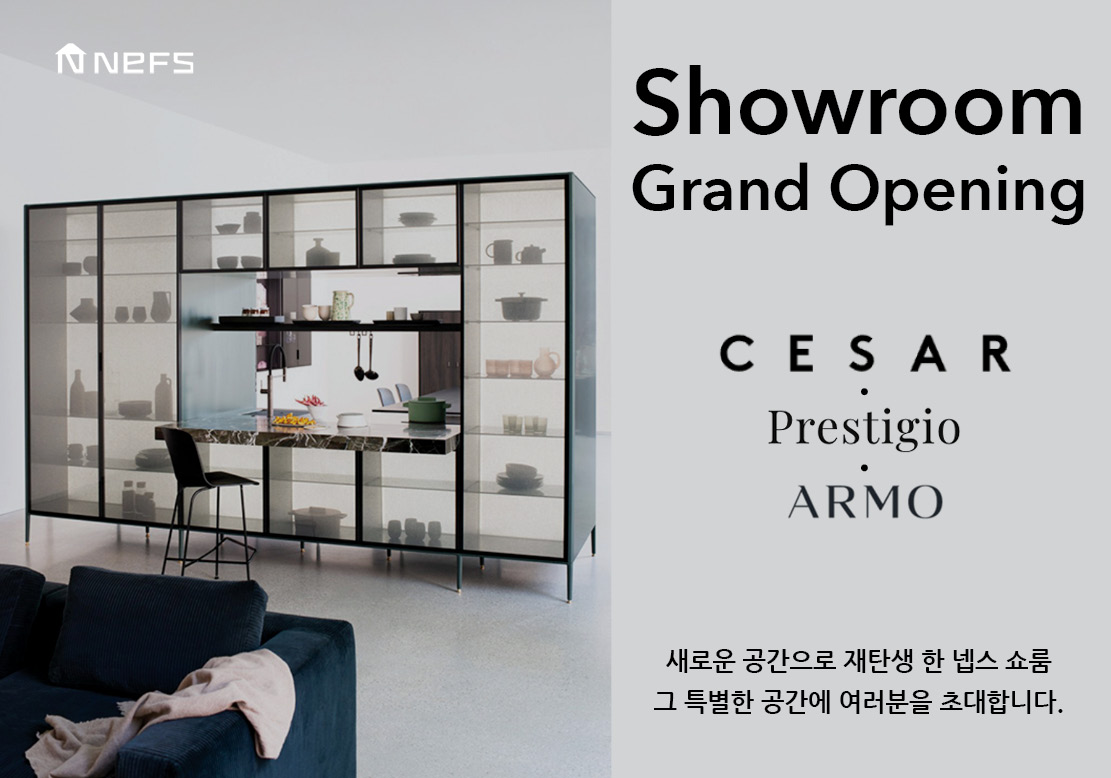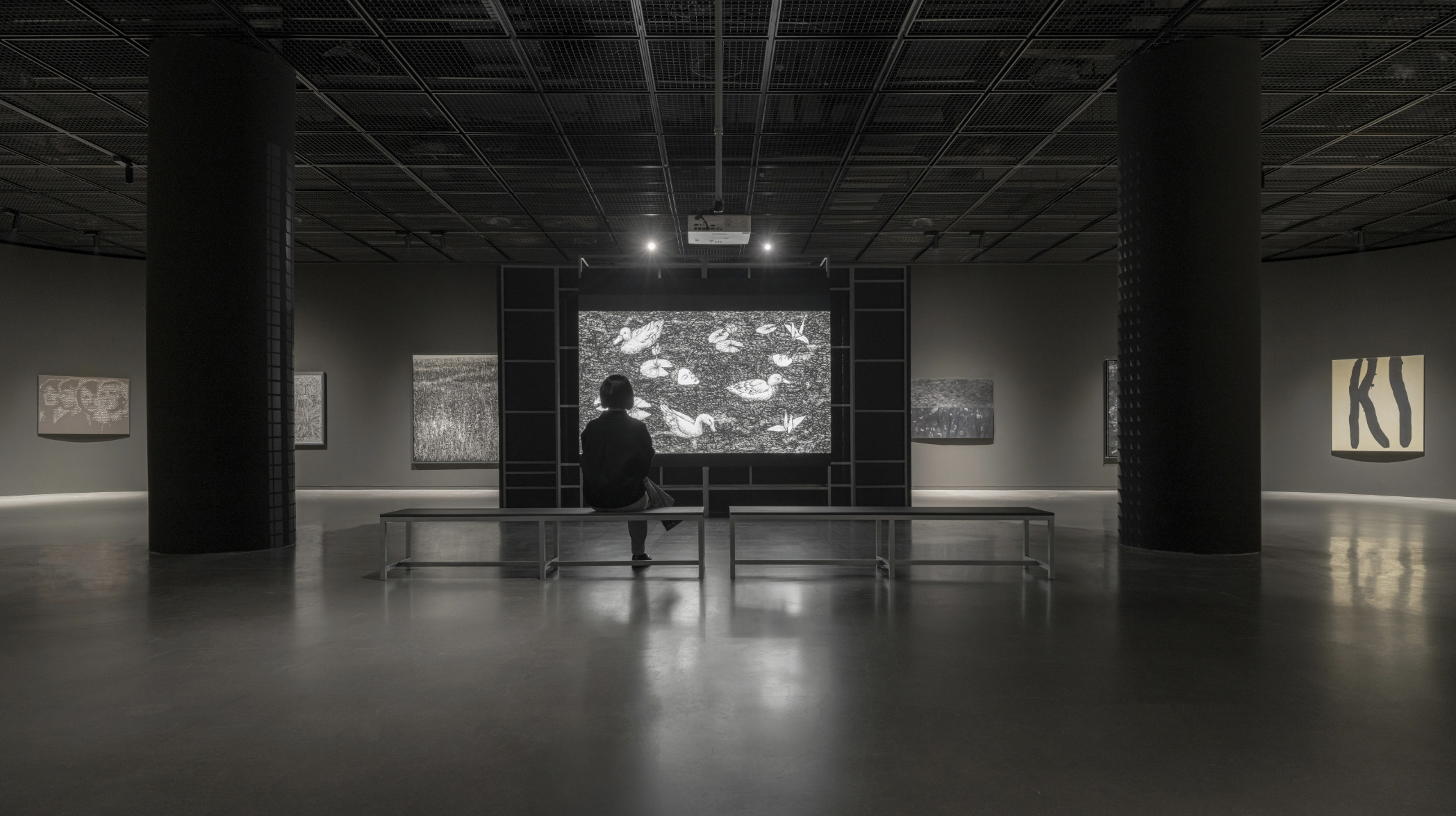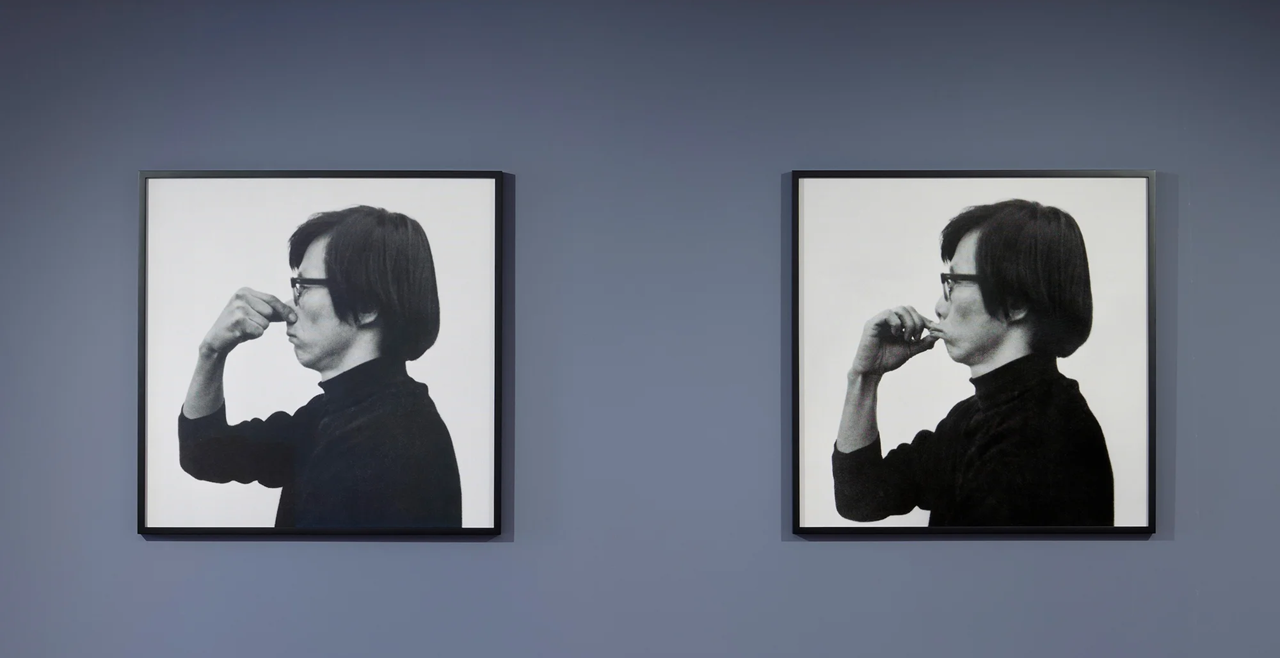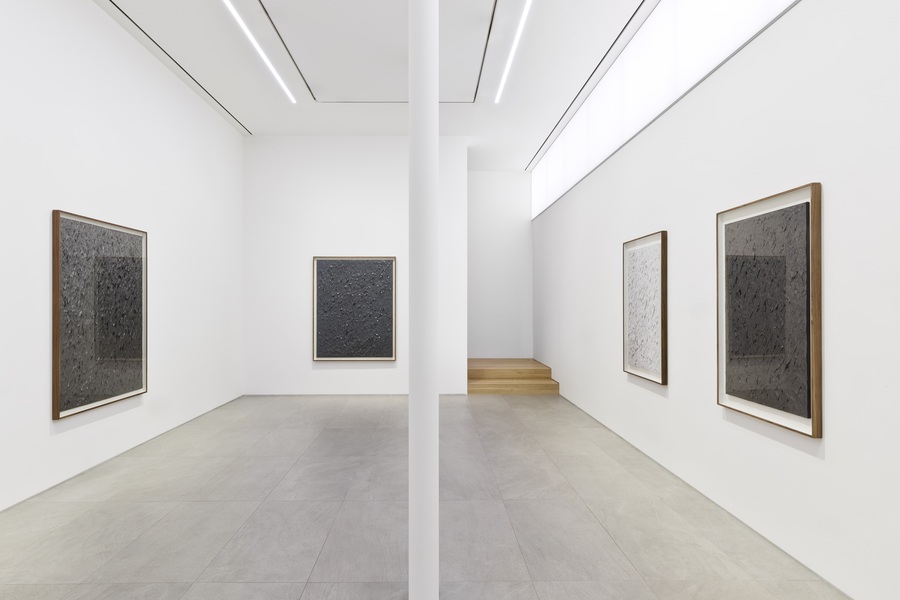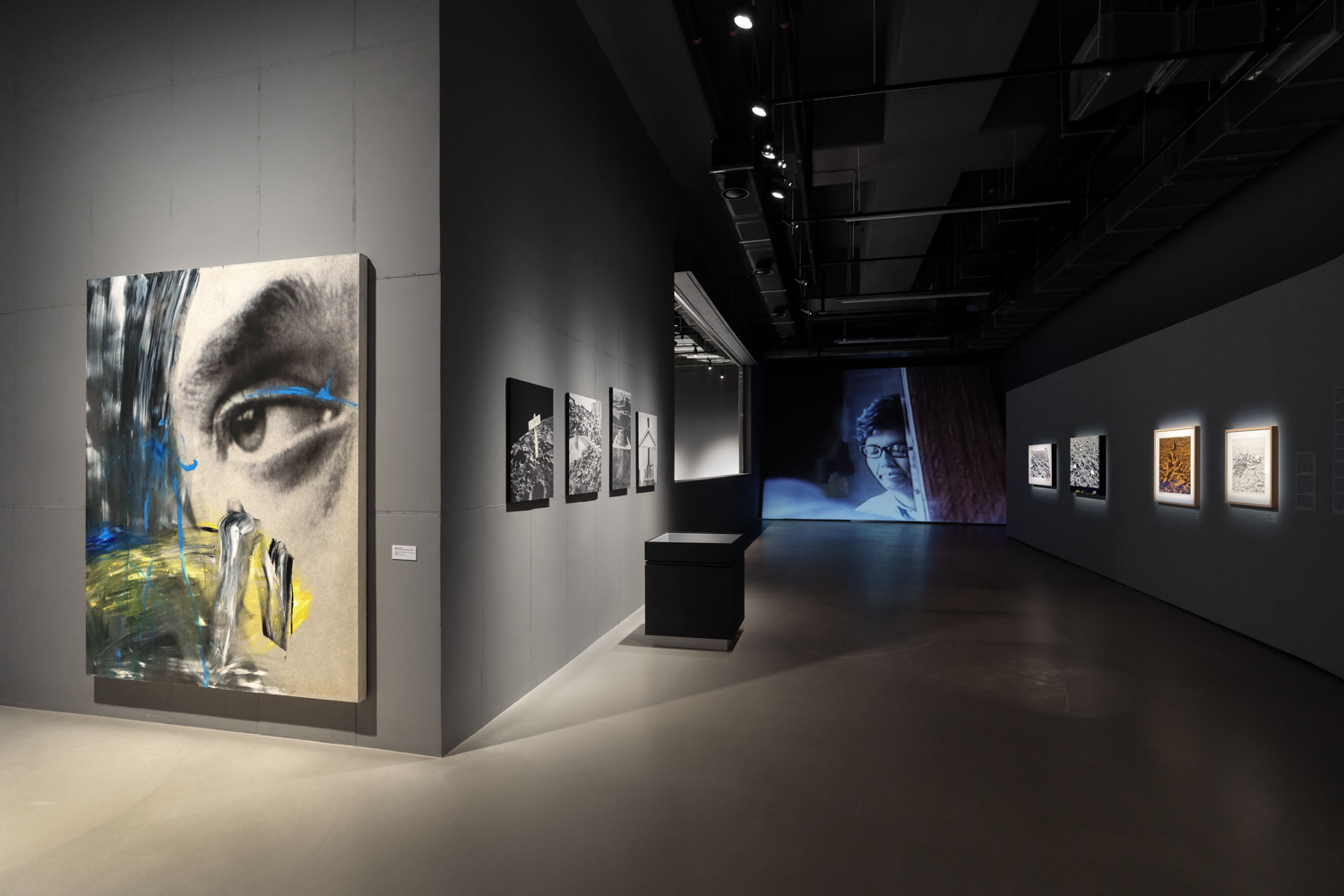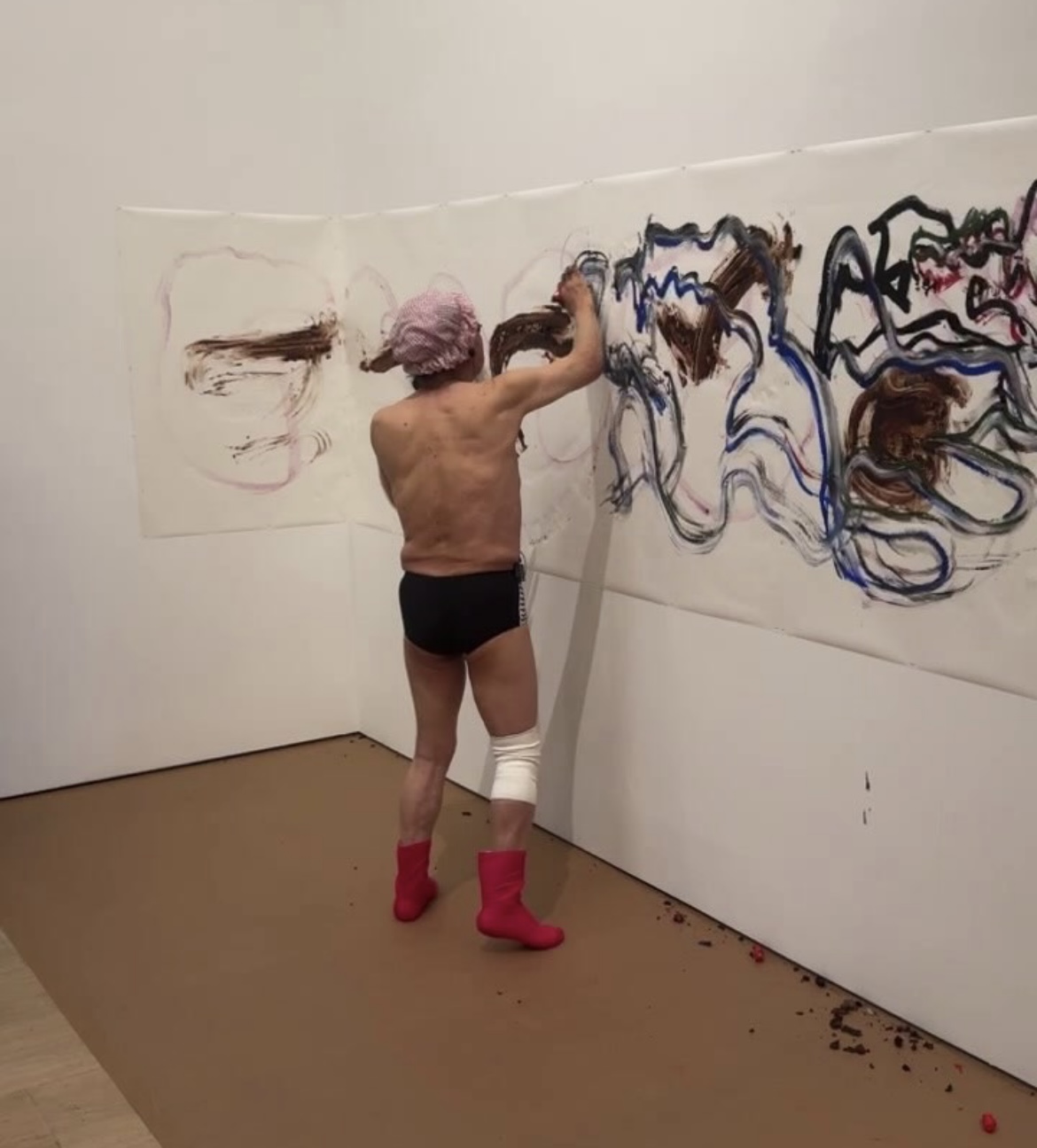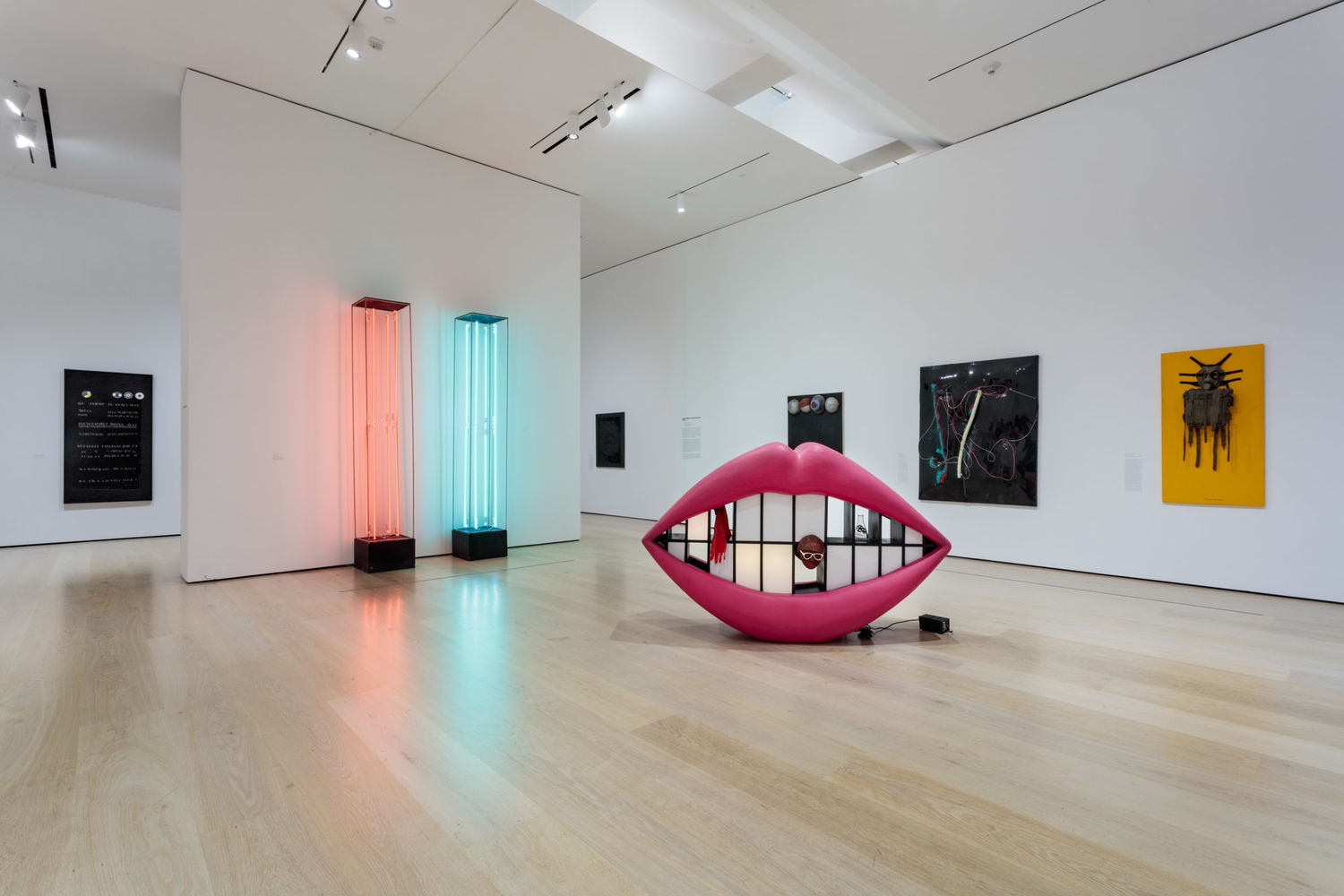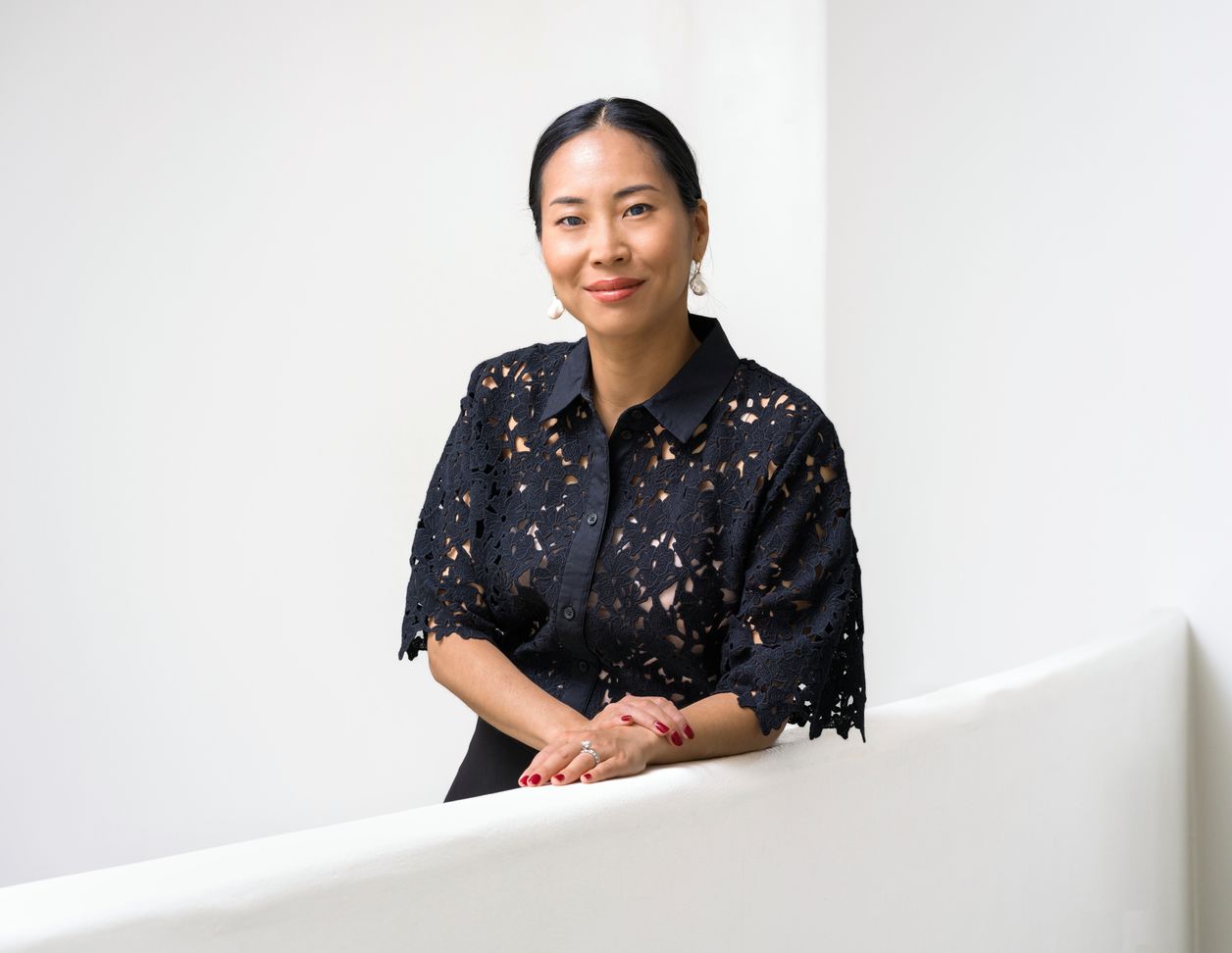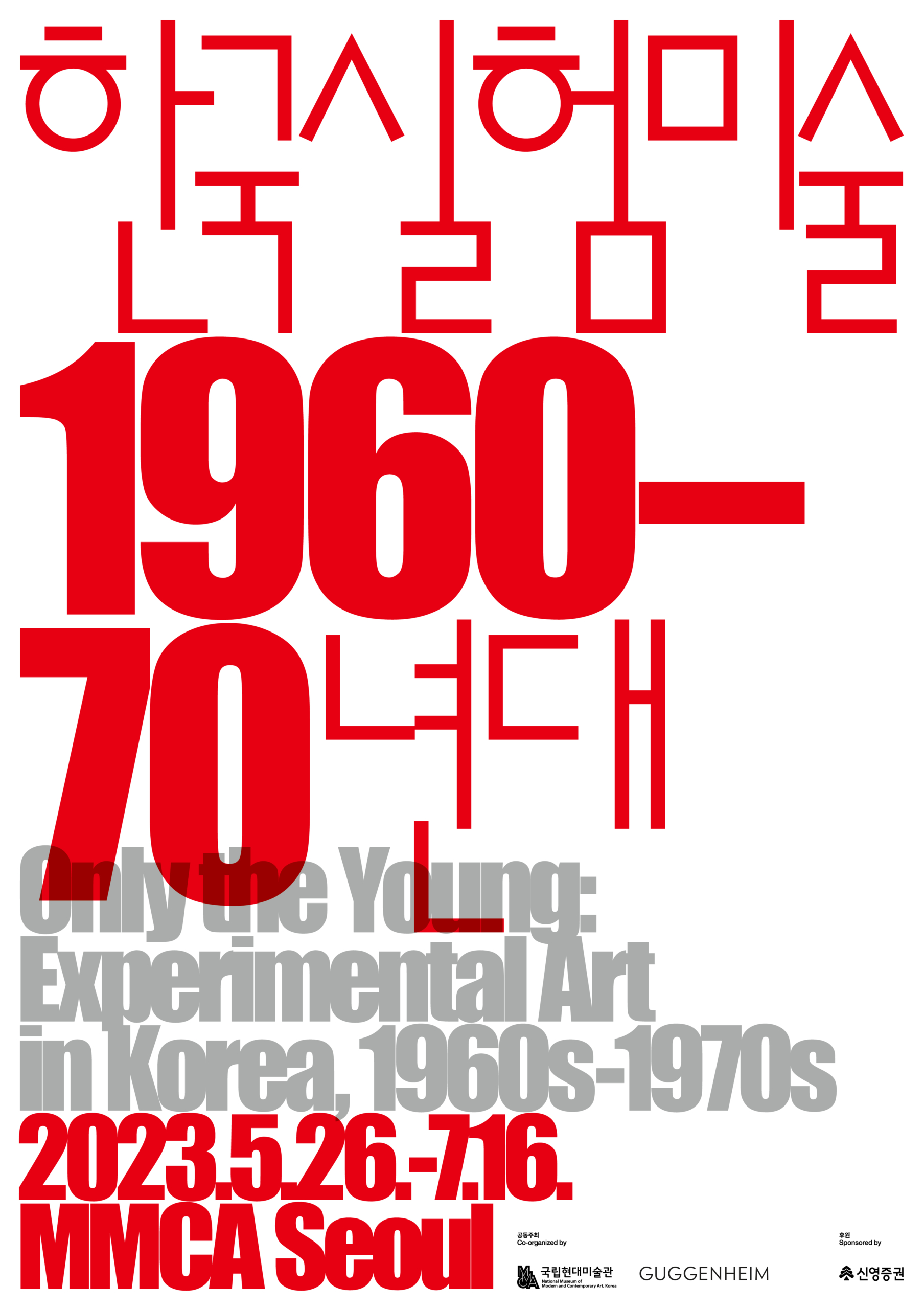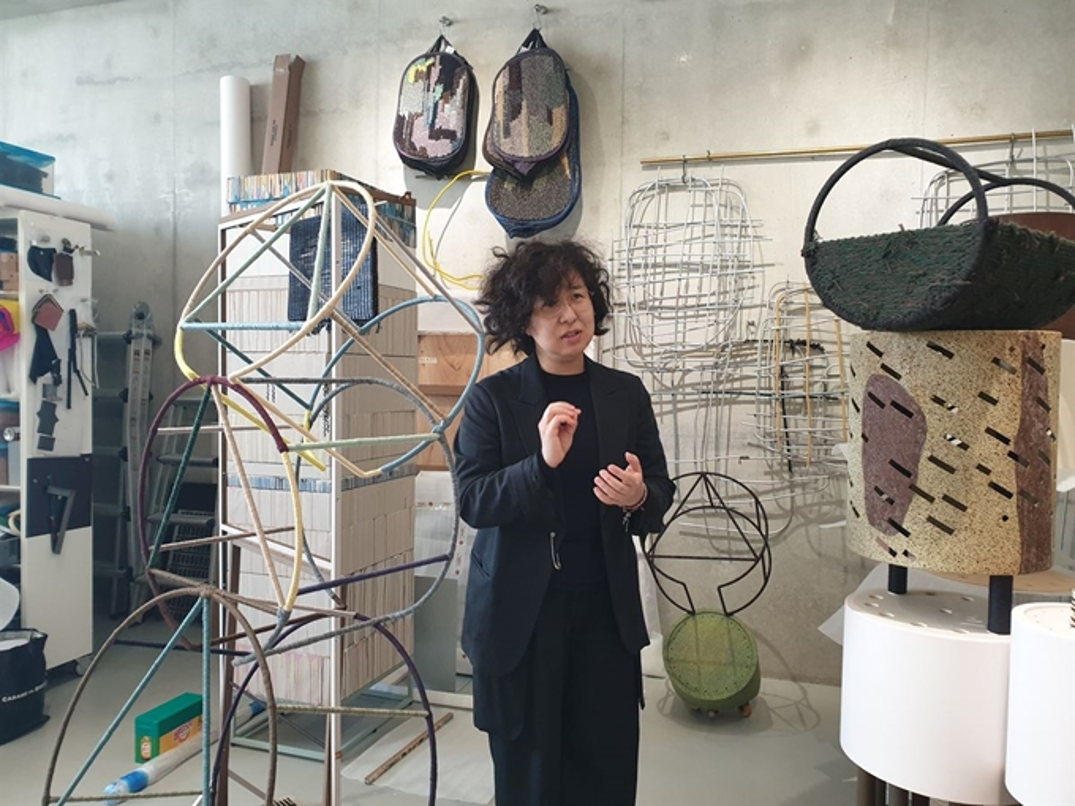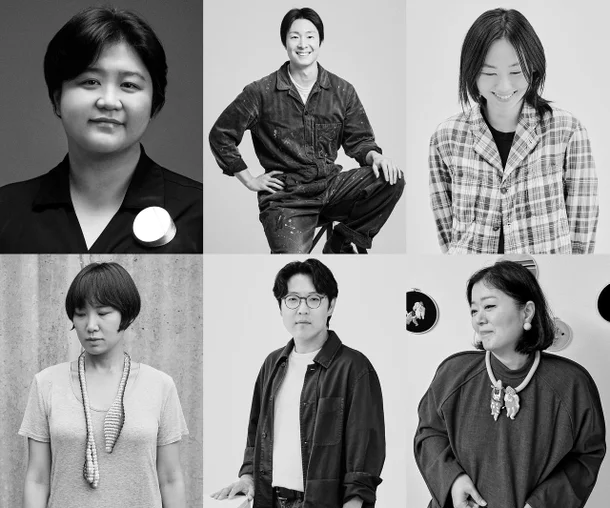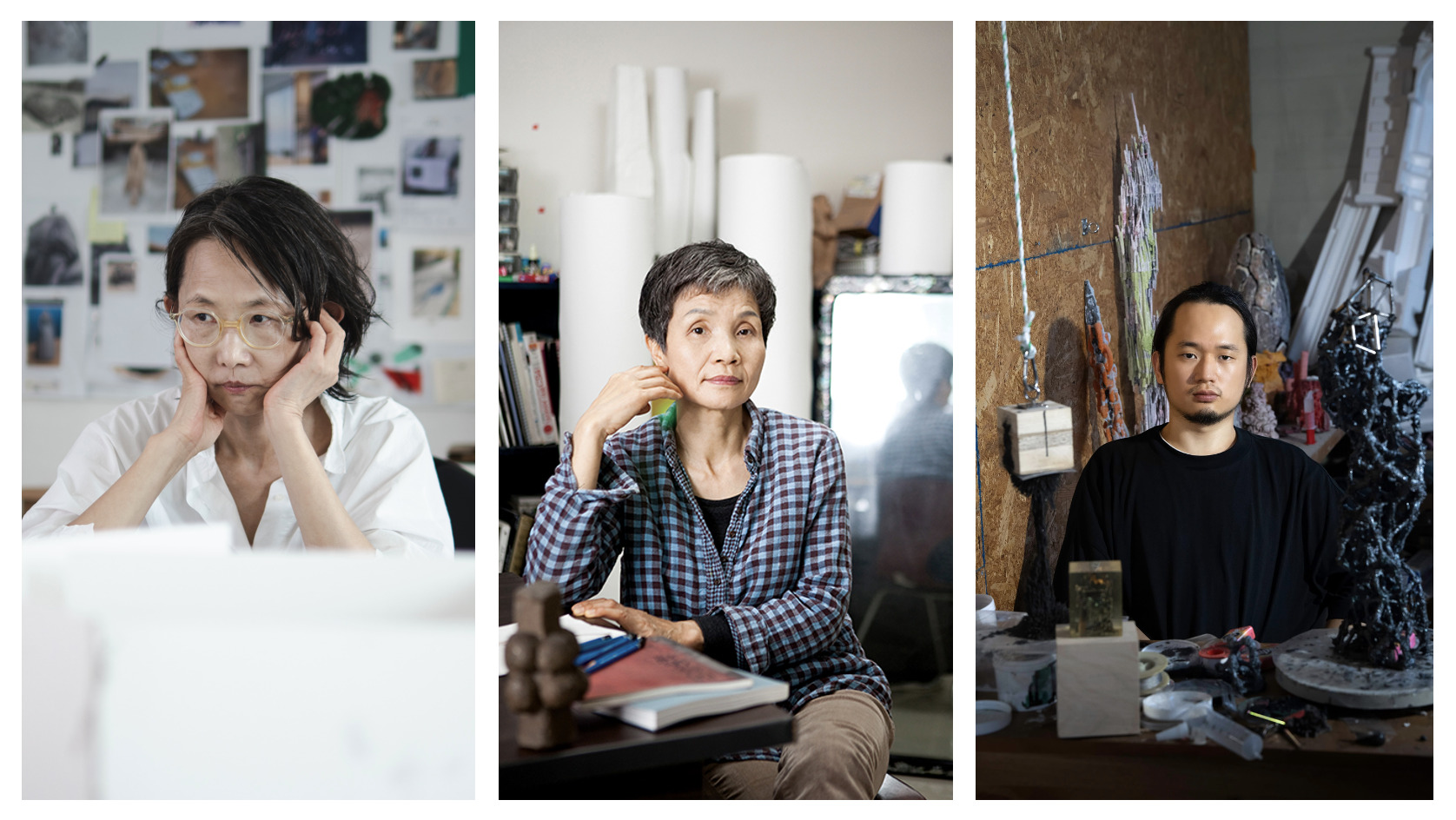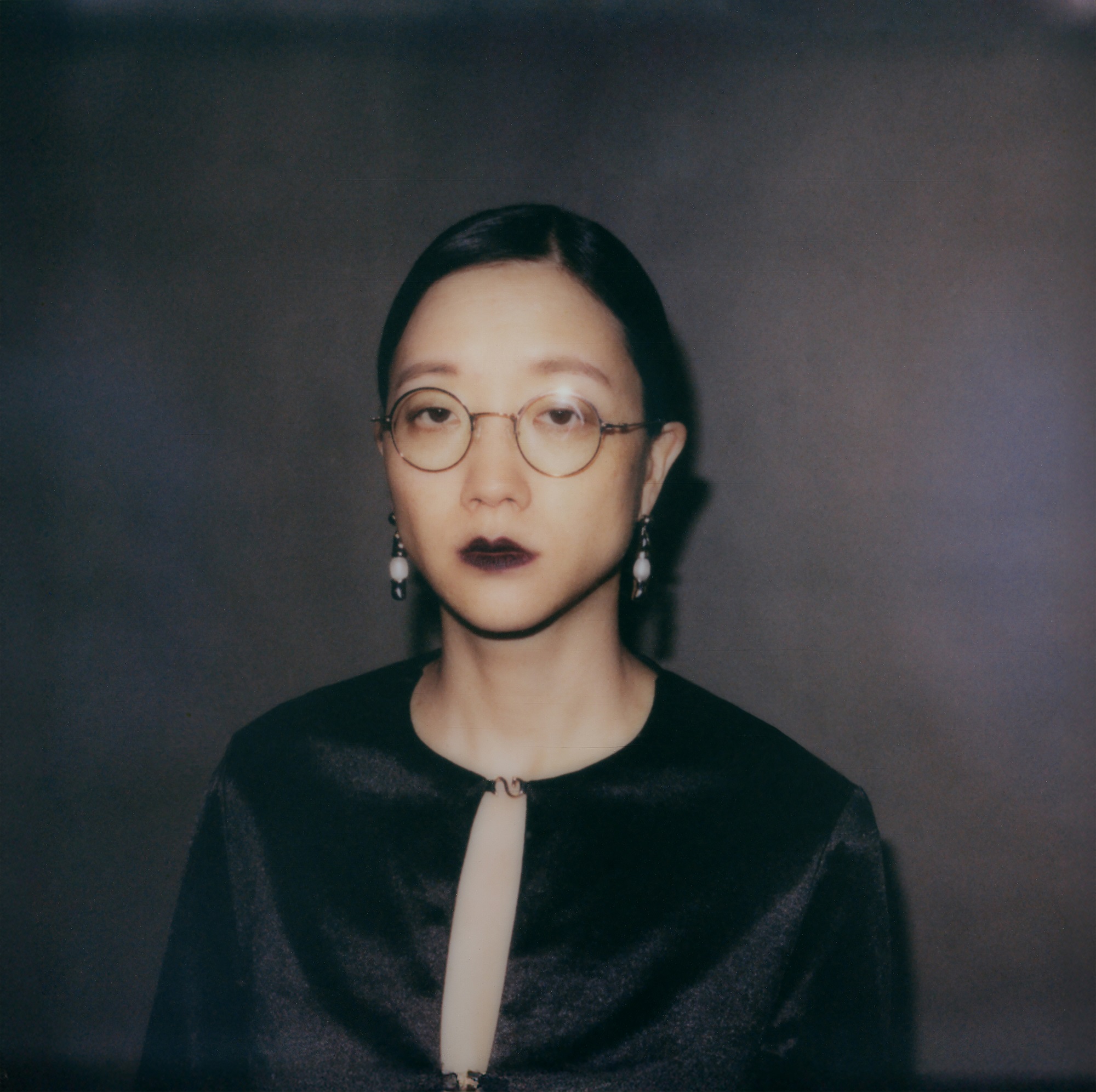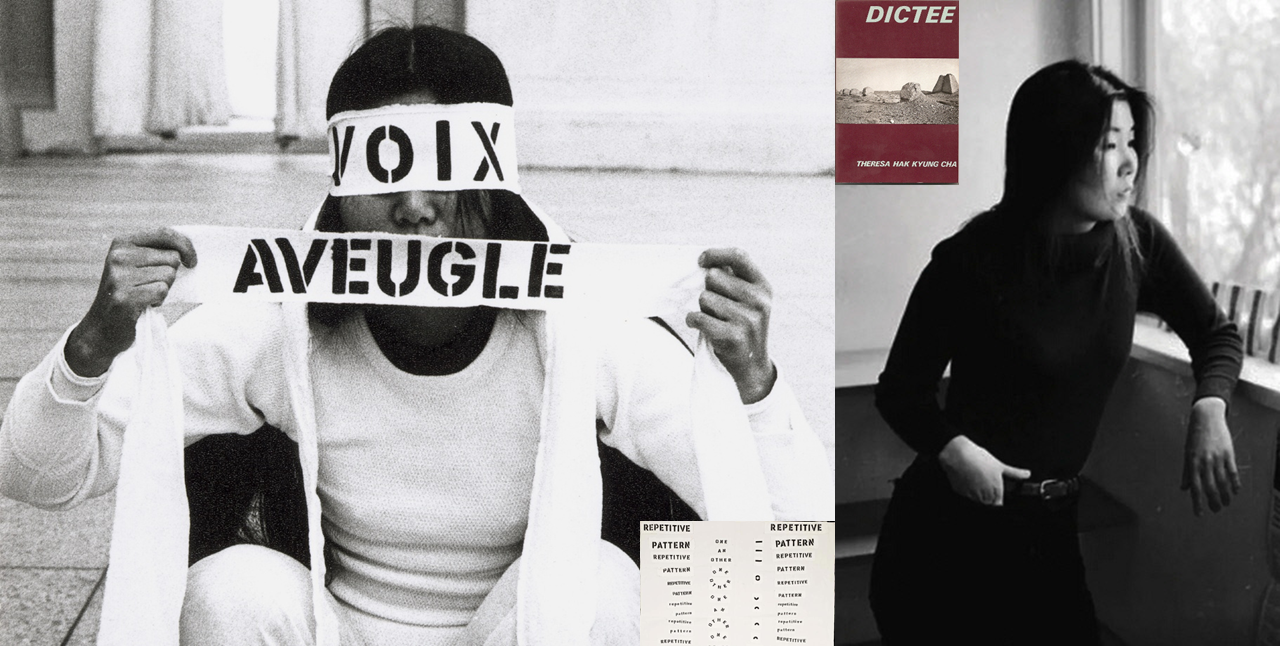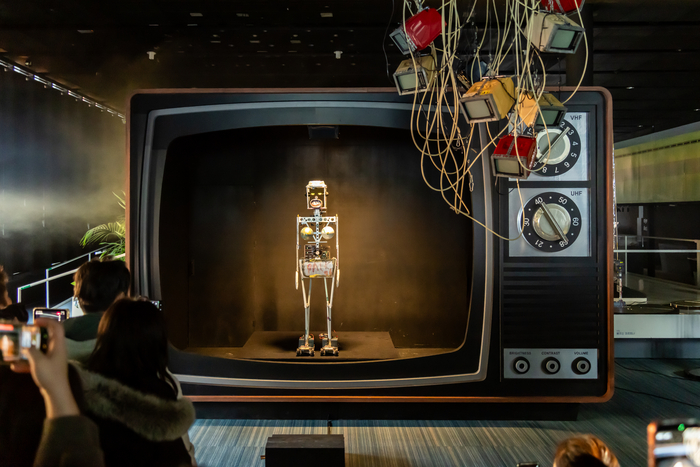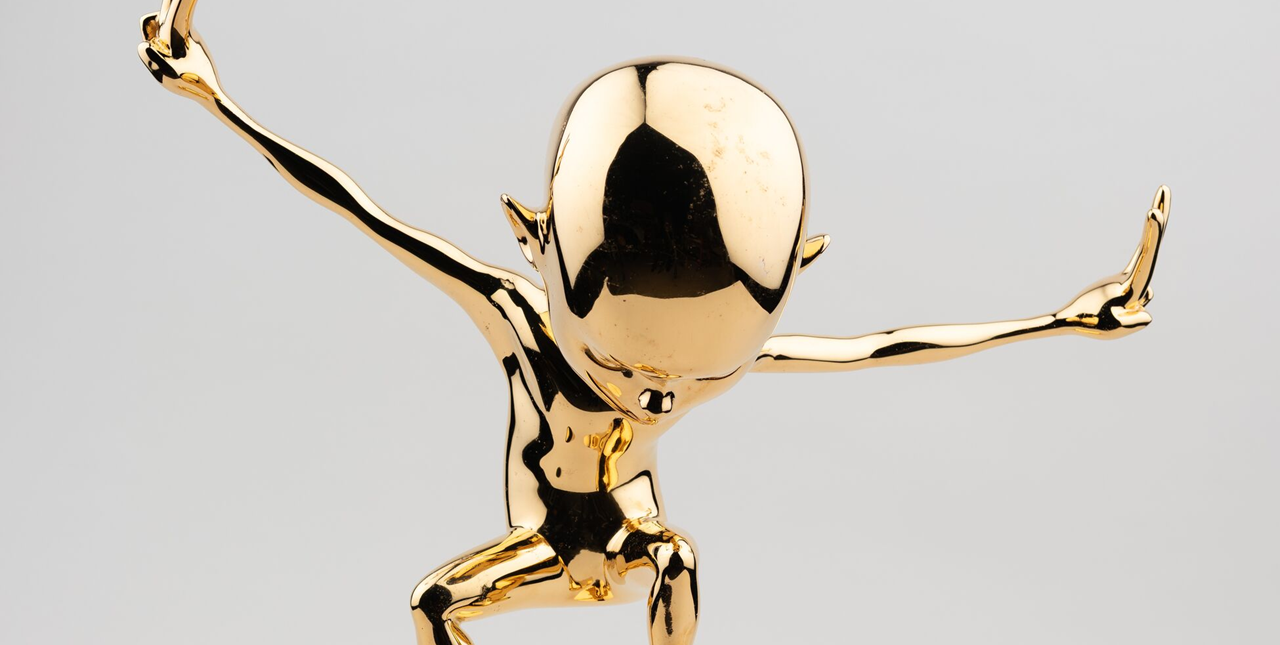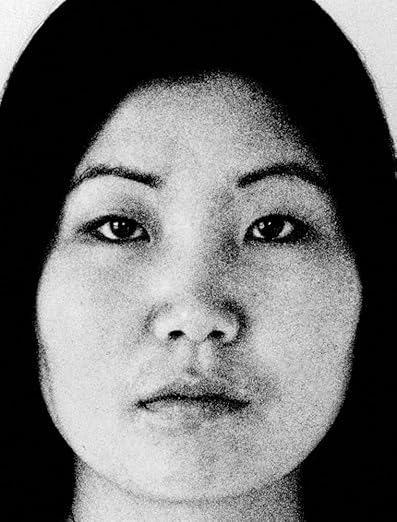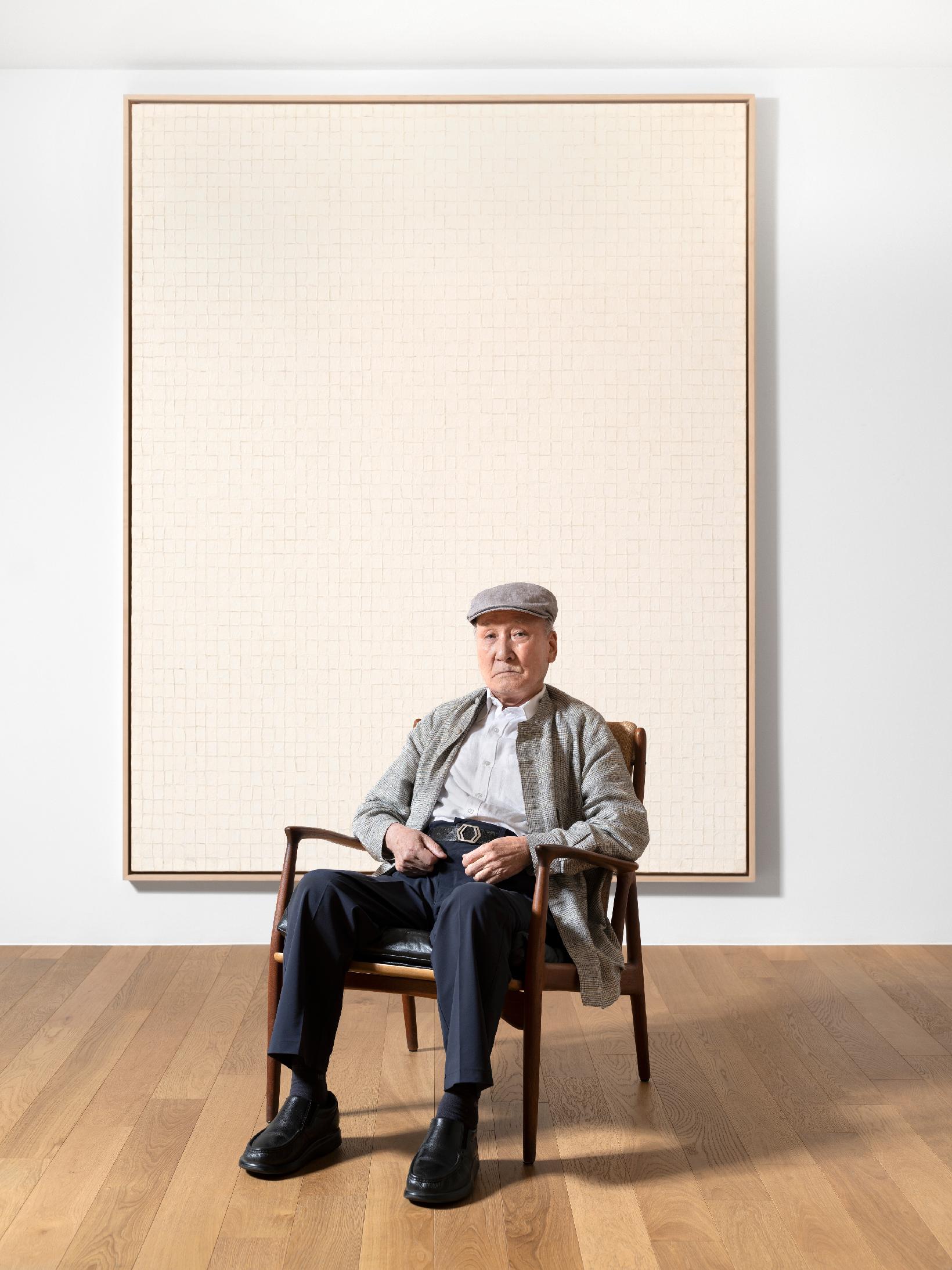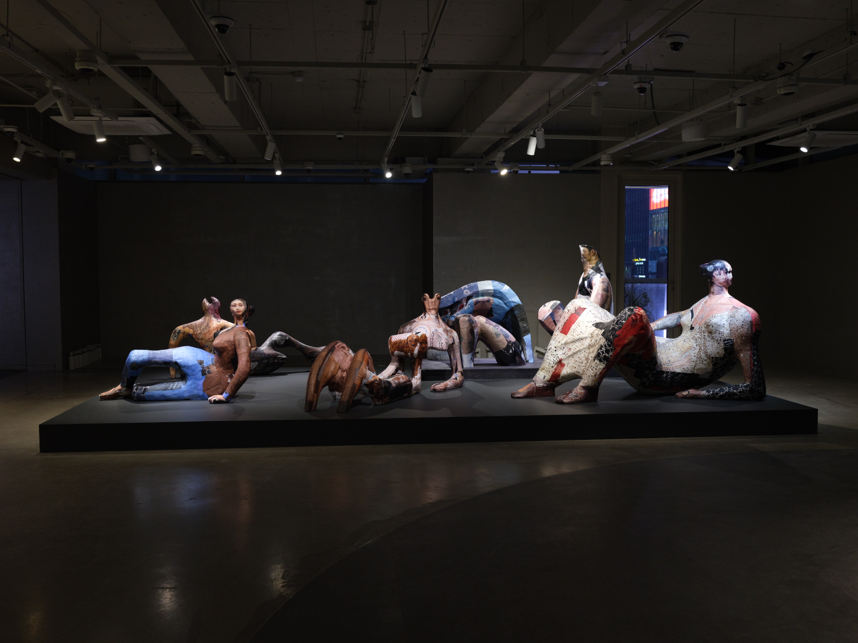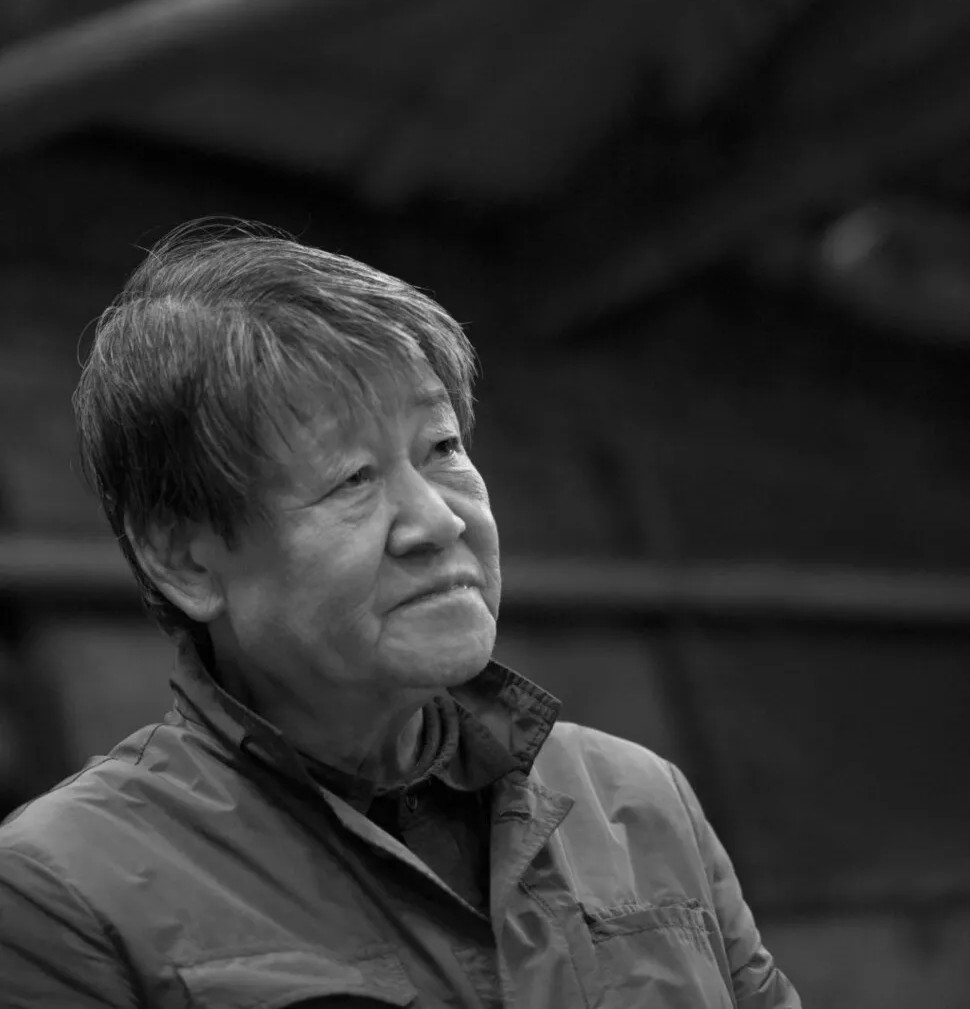 Artist Choi Byung-So (1943-2025)
©Wooson Gallery
Artist Choi Byung-So (1943-2025)
©Wooson Gallery
On the 11th, artist Choi Byung-So
(1943-2025), who left an indelible mark on the history of Korean contemporary
art, passed away at the age of 82.
Choi Byung-So was born in Daegu in 1943 and
studied Western painting at Chungang University. He lived and worked in Daegu
throughout his career. He was one of the founding members of the 《Daegu Contemporary Art Festival》, the first
contemporary art festival in Korea.
He exhibited his works in major group
exhibitions held at the National Art Center, Tokyo in 1977, Bienal de Sao Paulo
in 1979, and Brooklyn Museum in 1981. He was active internationally with solo
exhibitions at Daegu Art Museum in 2012 and the Musée d’art moderne et
contemporain Saint-Étienne Métropole in France in 2016. His works were
presented for 《Only the Young: Experimental Art in
Korea, 1960s–1970s》 at Solomon R. Guggenheim Museum in
New York in 2023-2024.
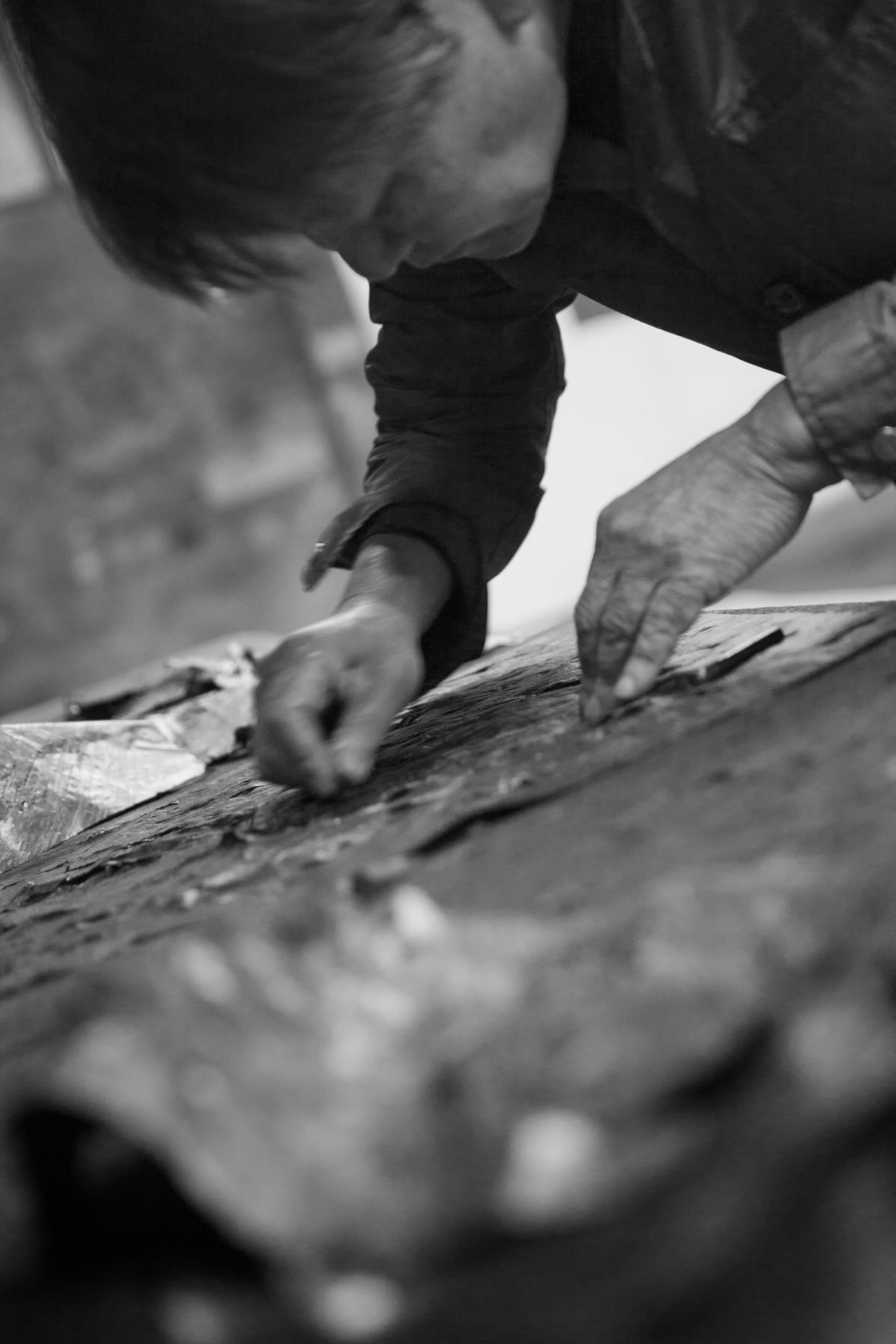
Artist Choi Byung-So (1943-2025) ©Wooson Gallery
Choi Byung-So showed avant-garde
experimental arts such as conceptual installations while working as a key
member of 《Korean Experimental Works》 in 1974 and 《Daegu Contemporary Art
Festival》 in 1974-78. In addition, such works were in
context with his later works in the sense that they constantly asked questions
about existence and absence, image and substance.
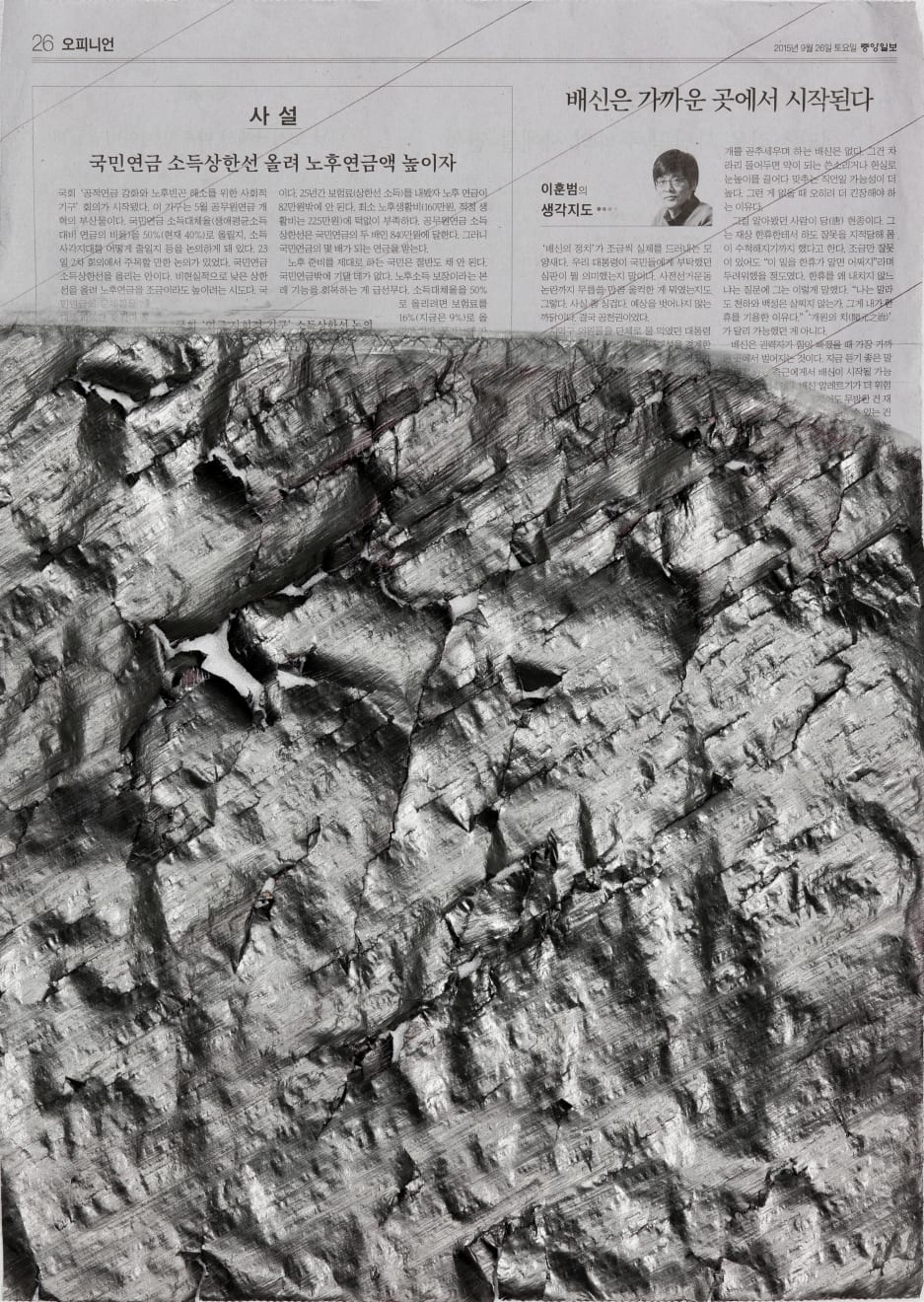 Choi Byung-So,
Untitled – 0151126, 2015, Ballpoint pen and pencil on
newspaper, 47x32cm ©Wooson
Gallery
Choi Byung-So,
Untitled – 0151126, 2015, Ballpoint pen and pencil on
newspaper, 47x32cm ©Wooson
Gallery
In the 70s, when Choi Byung-So began to
produce works using newspapers, avant-garde art that rejected conservative
concepts and forms and pursued innovation was actively developing around the
world, while socially the media was controlled and expression was suppressed.
For Choi Byung-So as a young man in his
early 30s who was living in such an era, newspapers were the most accessible
media at the time, but he started to erase newspaper articles with a ballpoint
pen because he was angry at the media for not being able to control them.
Choi Byung-So’s work was to draw lines with
pencils and ballpoint pens on newspapers repeatedly, until black lines covered
the front and the paper was torn by friction, reaching the physical limit where
the work was no longer possible.
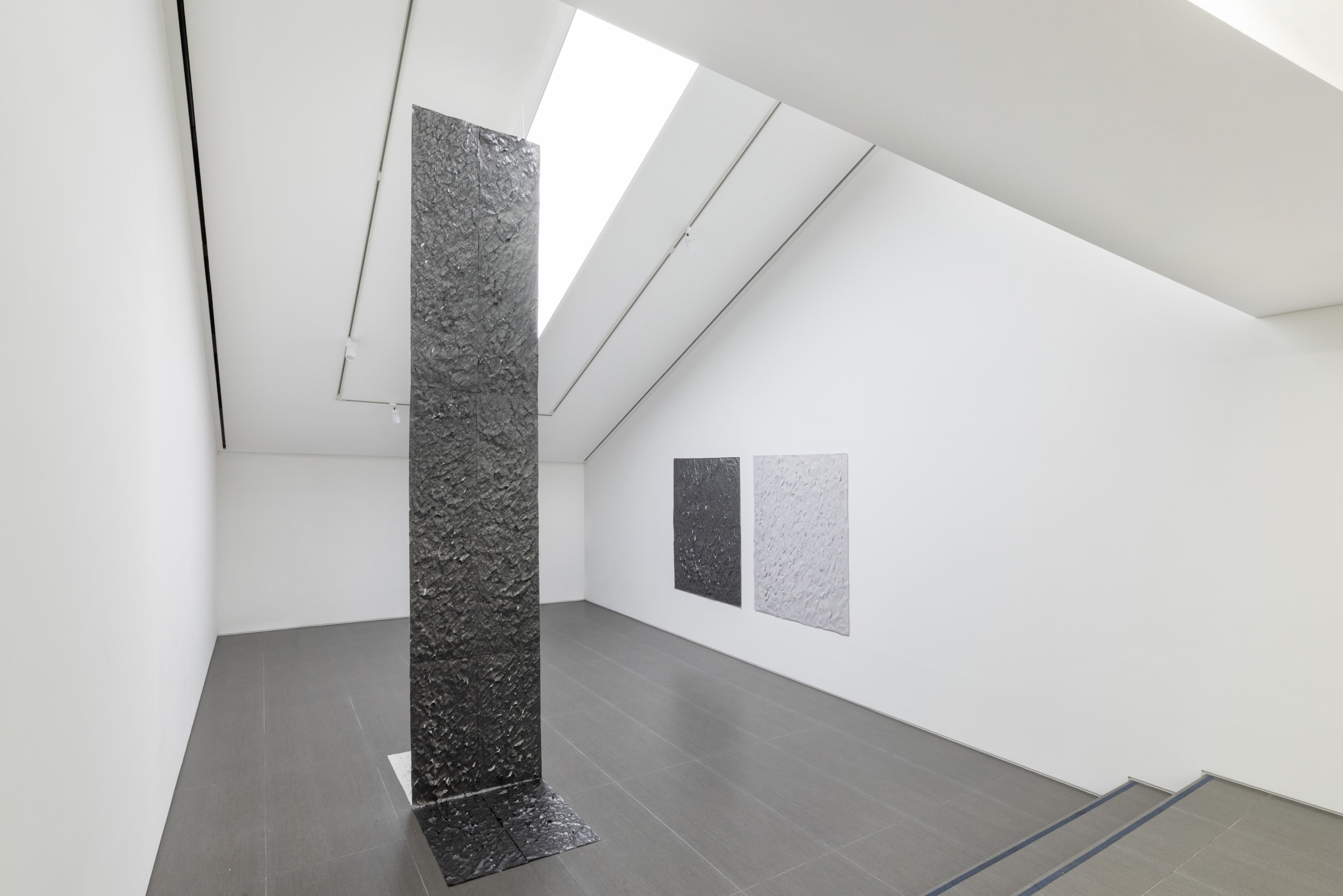
Installation view of 《Choi Byung-So: Untitled》 (Wooson Gallery, 2025) ©Wooson Gallery
At first glance, the blackened surface on
the newspaper looked the same, but the endless repetition of human labor and
time driven by the artist’s creative will was an artistic practice, that
accumulated in each piece of work to give unique value to insignificant daily
mass production and to make the temporary permanently sustainable.
In April, Choi Byung-So held his final solo
exhibition, 《Choi Byung-So: Untitled》, at Wooson Gallery, Seoul, marking his last artistic exchange with
the public.

